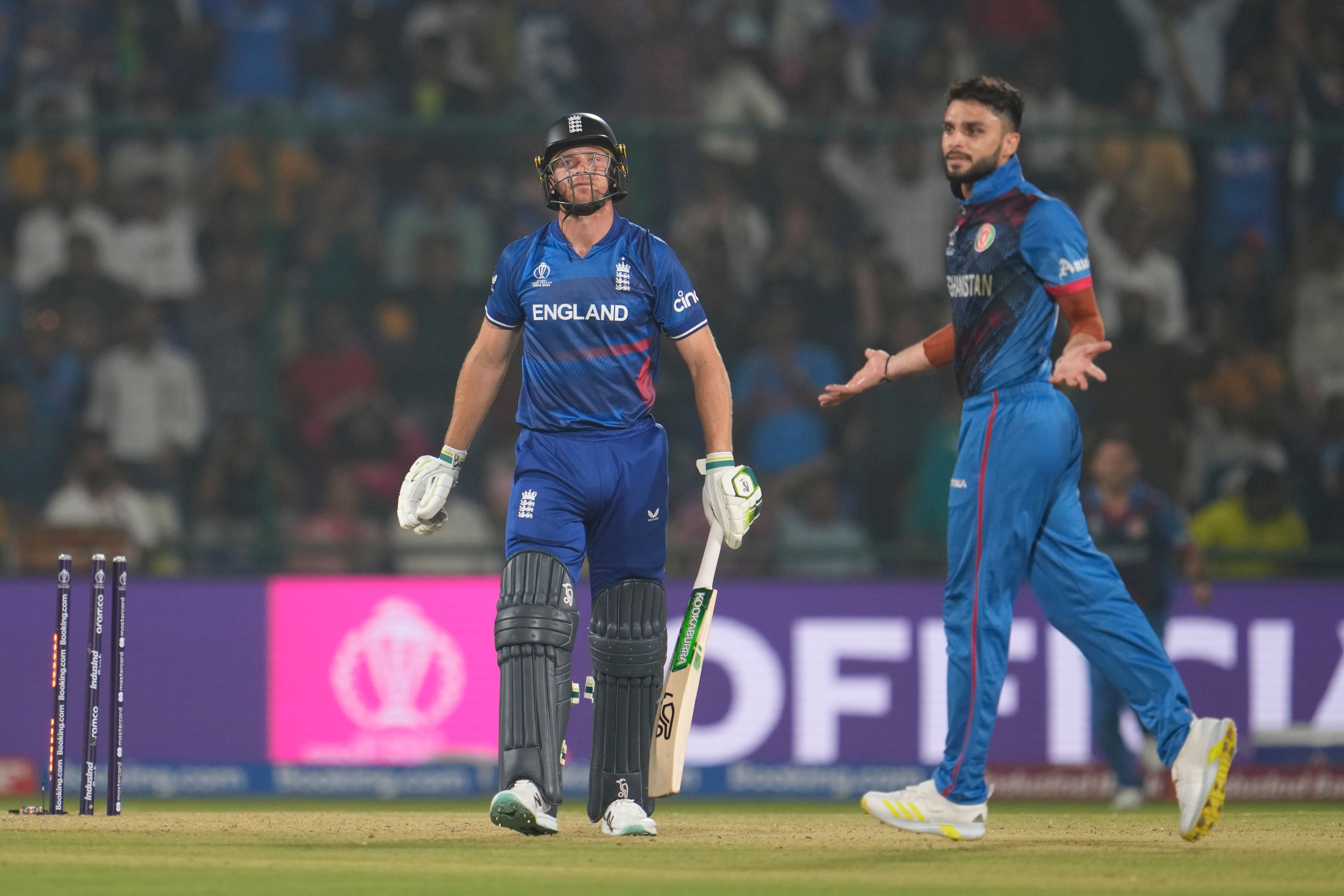History shows slow starts can damage a team’s prospects of winning the World Cup
Defending champions England face a tough task having lost two of their first three matches.

Your support helps us to tell the story
From reproductive rights to climate change to Big Tech, The Independent is on the ground when the story is developing. Whether it's investigating the financials of Elon Musk's pro-Trump PAC or producing our latest documentary, 'The A Word', which shines a light on the American women fighting for reproductive rights, we know how important it is to parse out the facts from the messaging.
At such a critical moment in US history, we need reporters on the ground. Your donation allows us to keep sending journalists to speak to both sides of the story.
The Independent is trusted by Americans across the entire political spectrum. And unlike many other quality news outlets, we choose not to lock Americans out of our reporting and analysis with paywalls. We believe quality journalism should be available to everyone, paid for by those who can afford it.
Your support makes all the difference.Defeat to Afghanistan left England’s World Cup defence hanging by a thread – and tournament history shows the scale of the task now facing them.
Having also lost to New Zealand, with a win over Bangladesh sandwiched in between, Jos Buttler’s side have lost two of their first three games.
Here, the PA news agency looks at the other teams to start so slowly and how they fared.
Weight of history
England’s task is immediately put into perspective by the fact that only seven teams have even made it out of their group after losing two of their first three games.
The earliest tournaments had a far smaller group stage than this year’s five-week, 45-match marathon but Pakistan first managed the feat in 1983 – losing to New Zealand and England after their opening win over Sri Lanka, but then winning two of their remaining three games to edge out the Black Caps on run rate.
Only two of the seven teams in question have gone on to make it through a further stage. Australia’s 1999 tournament win marks the best-case scenario for England, while the West Indies won a quarter-final against South Africa in 1996 before losing narrowly to Australia in the semis.
South Africa, in 1992, matched Pakistan’s 1983 effort by losing in the semi-finals, which in both cases was the first stage after the group.
India joined Australia in qualifying after a slow start in 1999 but fell in the Super Six, as did Zimbabwe in 2003, while Pakistan lost in the 2015 quarter-finals.
Slow-starting champions
While Australia did win that 1999 tournament after early defeat to New Zealand and Pakistan, it required them to be near-perfect the rest of the way.
They beat India by 77 runs, Zimbabwe by 44 and South Africa by five wickets in the Super Six stage before surviving a wild finish to their semi-final against the Proteas, which was tied after Allan Donald was farcically run out off the last ball – meaning Australia progressed by virtue of finishing higher in the Super Six.
Shane Warne’s four wickets and Adam Gilchrist’s rapid half-century then earned them a comfortable win over Pakistan in the final.
The one other precedent to provide encouragement to England comes from Pakistan’s “cornered tigers” who won the 1992 tournament.
Captain Imran Khan’s famous description ahead of the final reflected a tournament that had seen his side recover from a dismal start – while they did not meet the threshold of two losses in the first three games, they had three defeats and a no-result in their first five.
They recovered by beating Australia, Sri Lanka and New Zealand to qualify in fourth place from the round robin, before winning a semi-final rematch with the Kiwis thanks to Inzamam-ul-Haq’s 60 from 37 balls and the final against England in which Khan hit 72.